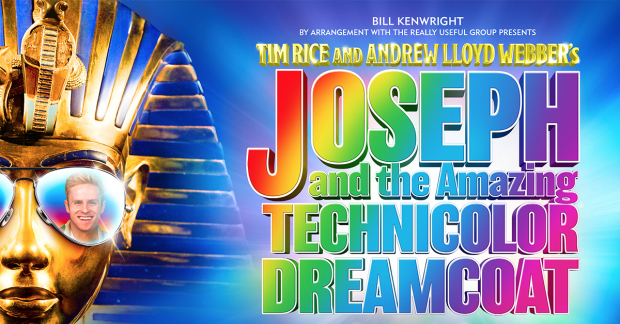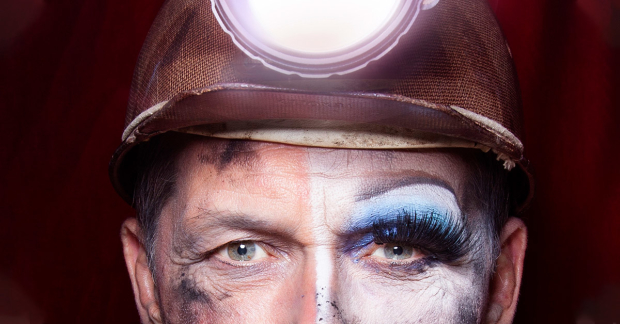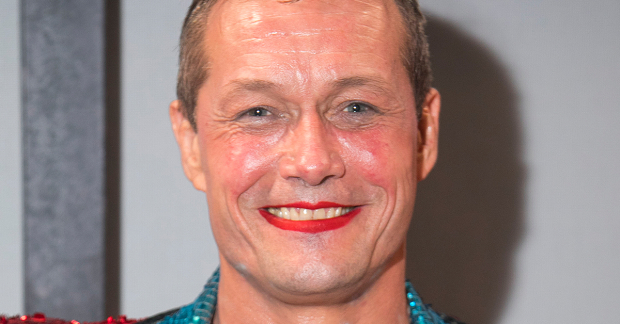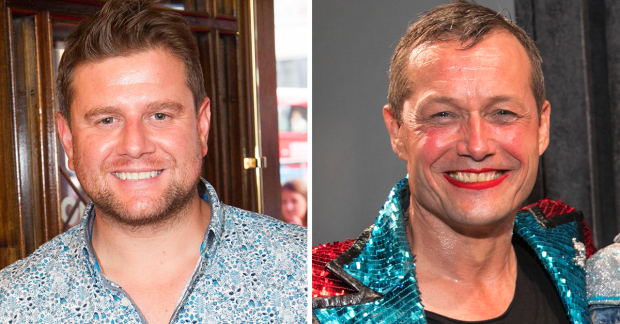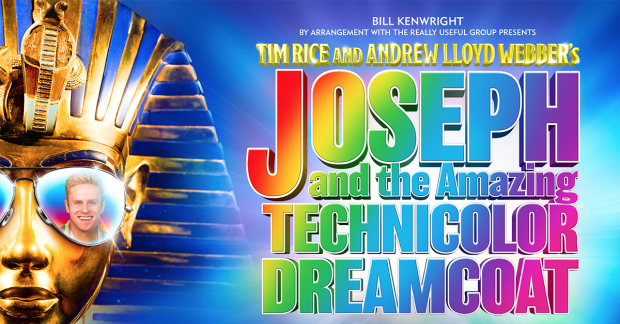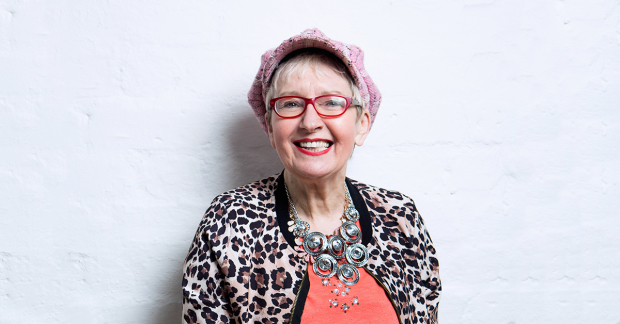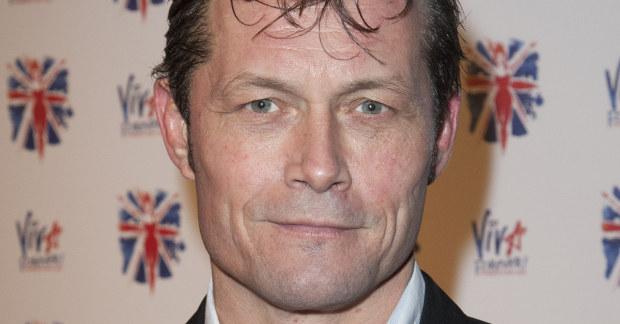Review: The Glee Club (Cast, Doncaster)
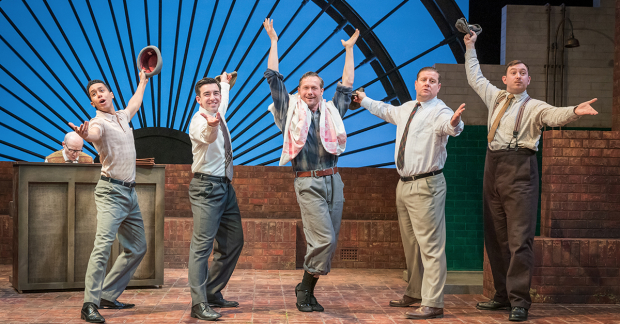
© Marc Brenner
It's entirely appropriate that Out of Joint's national tour of Richard Cameron's The Glee Club should begin at the Cast in Doncaster. Not only is the play, originally produced in 2002, set in Edlington – a mining village close to Doncaster – but The Glee Club was the first production at the theatre when it opened in 2013. This return inevitably lacked some of the civic pomp and local pride of that occasion, but the audience's enthusiasm and identification with the characters and situation were undiminished.
Whether that same bond between performance and audience will be there on tour is debatable, but Kate Wasserberg's unfussy production in a simple pithead setting is thoughtful and consistently entertaining. The oddity is that the play is billed as "a raucous comedy". Certainly the comic scenes are raucous enough, but the predominant tone is affectionately nostalgic and ultimately sad, as all six characters find ways to mess up their lives (temporarily or permanently) in the summer of 1962. It's a requiem for a way of life in the pit villages that had disappeared within 30 years: Yorkshire Main at Edlington closed as early as 1985.
The Glee Club is one of a subgenre of plays that deal with ordinary people's engagement with the arts or entertainment, but it is not one that finishes with a final triumph or heroic near-miss in a major competition. The Glee Club is a group of five singing miners, plus accompanist, who have built up a polished act with movement and comedy that triumphed at the 1961 village gala. As they prepare for the 1962 gala their lives, and ultimately the act, unravel.
The group's accompanist/ musical director, mining engineer and church organist Phil Newsome, is accused of sexual misconduct with choirboys: untrue, but he admits his homosexuality – and this is 1962. The most sensible and trustworthy of the group, Jack Horsfall, becomes embroiled in a pointless affair which threatens his seemingly stable marriage. Bantam, drunken and volatile, he hits a series of crises after his wife leaves him, while Walt Hemmings and Scobie Glossop each have their own family troubles. The play is topped and tailed by a narration from the youngster in the group, Colin Wrigglesworth, who looks back on the joys of the club at a time when he was in love and aspiring to be a pop singer – doomed to failure in both cases.
A surprising amount of the play is taken up with duologues – often of a confessional nature – in between rudely comic scenes at the miners' welfare or the pithead baths and – best of all – selections from the club's repertoire. Musical director Dylan Jones produces nicely routined versions of Mario Lanza favourites and sentimental 1950s pop songs, which all the cast sing well as they jig and joke to the manner born.
Bill Ward swaggers comically as Bant, but also suffers dramatically – done with style, but rather over-theatrical. That's not a charge that could be levelled at Kai Owen, as solid as the day is long as Jack (until his secret comes out), or Linford Johnson, perfectly bright and naïve as young Colin and movingly sincere as his older self recalling the past. Eamonn Riley is outstanding as Phil, understated, tortured and always dignified. Robert Jackson's Scobie – worn down by, but devoted to an all-female household (one wife and four daughters) – and Joshua Hayes' Walt, with the opposite problem (a young widower plagued with guilt at farming out his three children), complete a well-balanced ensemble.



